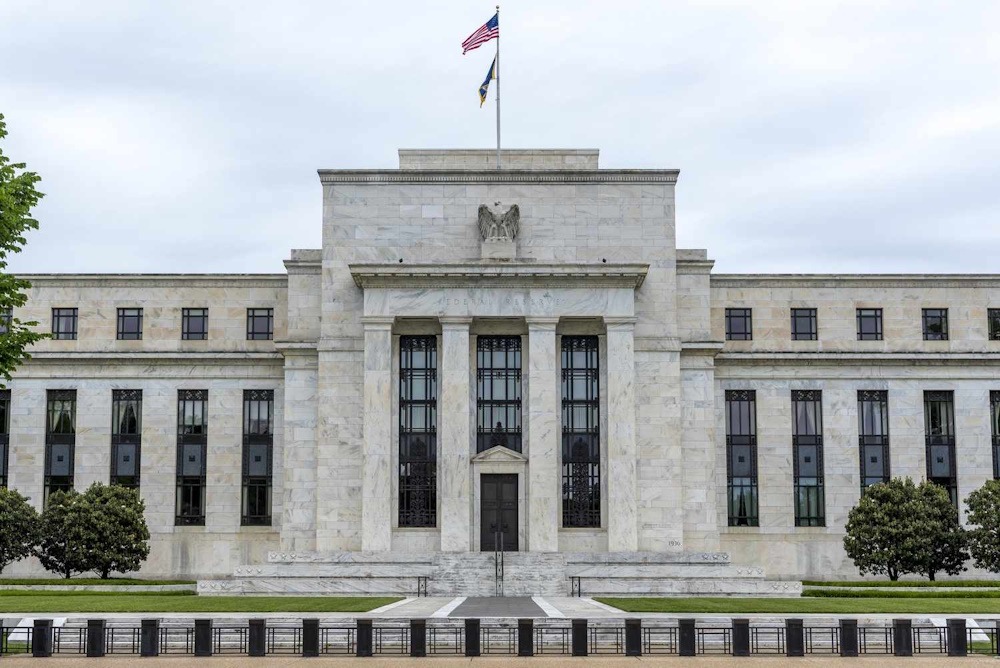
Despite the fact that analysts continue to stress persistent concerns surrounding increased global trade tensions and the credit quality of regional U.S. lenders, the “Fed put” continues to be a significant issue. The markets have been experiencing turmoil this week as a result of a renewed trade battle between the United States of America and China. This conflict has damaged the constant hope that the world’s two largest economies had established a sustainable resolution following an earlier escalation in their disagreements this year.
As a response to Beijing’s recent increase of limitations on the sale of rare earth commodities, President Donald Trump of the United States issued a warning about the possibility of imposing tariffs of one hundred percent on Chinese imports. This warning was given last week. At the request of the White House, China has been asked to lift the limitations; however, Beijing has declined to comply with this request. The markets had been focusing on a gathering that could be a possible source of clarity in what has been an unclear outlook for global trade. As both sides engage in a war of words, uncertainties have begun to surface regarding a potential meeting between President Trump and his Chinese counterpart, Xi Jinping, which is scheduled to take place in South Korea later this month.
In the meantime, Zions Bancorporation issued a negative credit update on Thursday, which heightened concerns on the consequences of the major failures of First Brands, a supplier of auto parts in the United States, and Tricolor, a dealership business in the United States. Following the discovery of a fraud action that was started against one of Western Alliance’s borrowers, the market value of Western Alliance experienced a decrease that was greater than ten percent. This change occurred concurrently with the loss in Zions’ shares. Emmanuel Cau contributed to a report in which they stated that recent geopolitical and credit threats “may continue to unsettle markets.”
On the other hand, it was brought to everyone’s attention that Federal Reserve Chair Jerome Powell stated this week that the central bank is still contemplating the potential of lowering interest rates at the upcoming meeting that will take place this month. The analysts made the observation that this “reinforced expectations of a dovish Fed,” and they went on to say that “for now,” the assumption that the central bank will intervene to support financial markets with accommodative policies, which is commonly referred to as the “Fed put,” has been “reinforced.”
